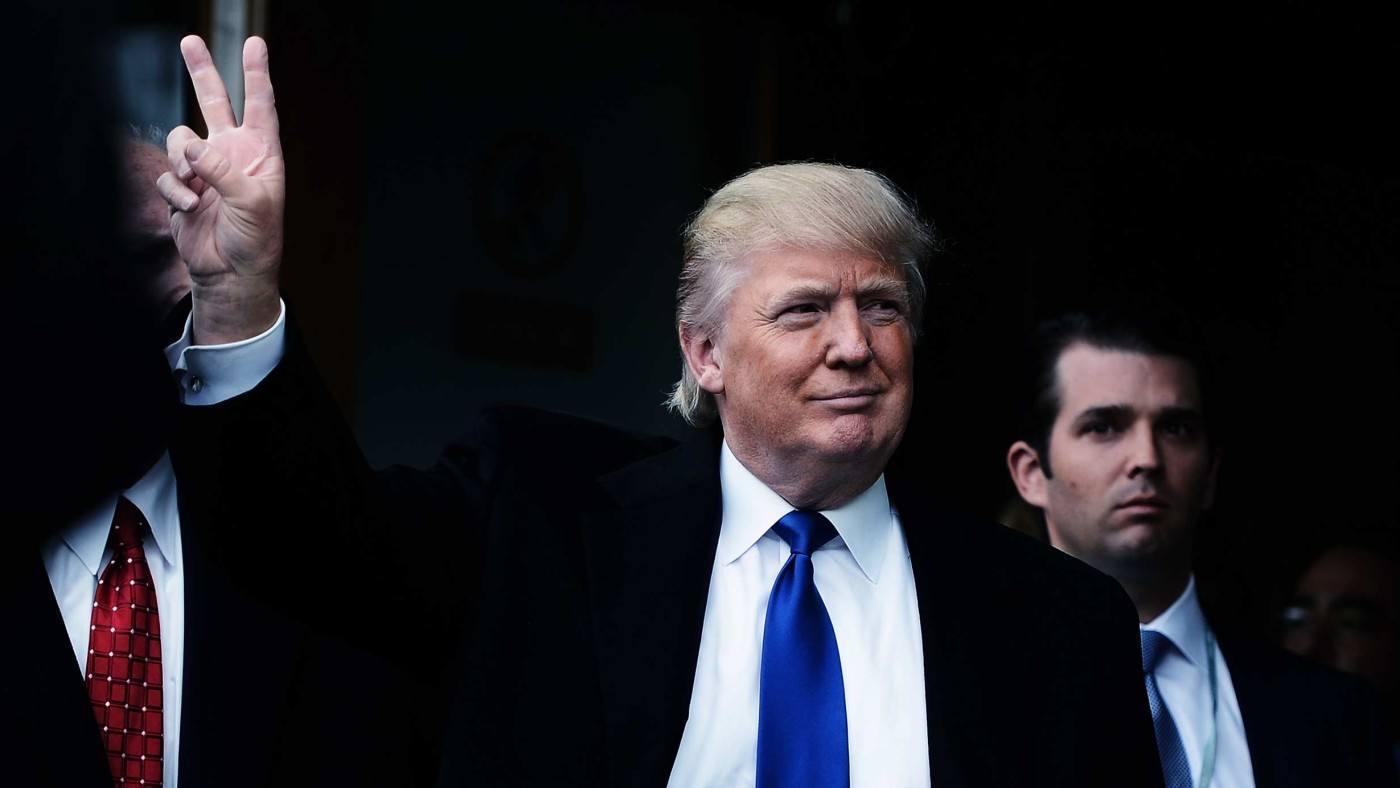On the face of it, the pollsters and commentators called New Hampshire accurately. They said Trump would win and he did. They forecast Hillary Clinton would take a beating and that happened too. But the underlying reality, in a situation that it is no exaggeration to describe as revolutionary, is that the American electorate is rewriting the script faster than the political establishment can respond.
In an effort to explain away polls that were incomprehensible in the old political narrative, the pundits concocted scenarios now discredited by experience. New Hampshire, they claimed, was comfortable territory for Trump. He had long enjoyed an unchallengeable lead there, as had Bernie Sanders. It was less religious than Iowa, so more fertile ground for The Donald. And so on.
One thoughtful pre-primary analytical piece for NBC News, however, departed from the script, insisting that New Hampshire should have been a bad state for Trump. It pointed out that Trump supporters are supposed to be less educated, only 38 per cent having college degrees, and that the same percentage earns less than $75,000.
New Hampshire residents, by contrast, have a proportion of bachelor’s degrees or higher that is 5 per cent above the US national average, and the number earning more than $75,000 is 9 per cent above the national average. Despite the recession, median household income in New Hampshire is up more than $2,500 since 2010, the poverty rate is 6.7 per cent below the national average and unemployment 2 per cent below. According to the old narrative, Trump should have failed in that state.
The corollary applies too, in the Democratic camp. This was natural territory for Hillary Clinton. The Clinton clan has been cultivating New Hampshire for a quarter of a century. In 1992 it was New Hampshire that resurrected Bill Clinton as the Comeback Kid. It was even nicknamed Clinton County. As for Sanders’ unassailable lead over Hillary Clinton, just a little more than three months ago she was leading him by 41 per cent to 33 per cent. Yesterday, in a real poll, that translated into a 20 per cent lead for Sanders.
The problem for the political class is that it is interpreting a revolution by outdated criteria. Slowly, reluctantly it has come to accept there is an insurgency. What it has not come to terms with is the insurrection spilling over beyond the blue-collar, white male constituency it has written off and colonising sections of society that were regarded as solid for the establishment agenda. New Hampshire dramatically illustrates that phenomenon.
Even if Super Tuesday and later contests temporarily reinstate the old order, the shift in the tectonic plates has been too strong for it to survive in the long term. For the first time, American politics has aligned with the political trend in Europe. The political class is terminally ill and it has no resources to make a recovery, its mindset is too removed from that of the people it governs.
With the Republican runners-up to Trump rotating, even if he falls back it will be difficult for the GOP to field a candidate with established credibility and voter recognition in time for the November election. The travails of the Republican Party, provoked by a RINO leadership at odds with its own voters, are a familiar chronicle. If an establishment candidate wins the GOP nomination, or even the presidency, the leadership will be in the situation of Sir Robert Peel’s Conservative Party after the Corn Laws schism.
What is not sufficiently recognised is the potentially even more irreparable fissure in the Democratic camp. Barack Obama achieved something previously unthinkable: he made socialism mainstream in America. In doing so he may have fatally damaged his own party, split between liberals and socialists. Even if a semblance of normality is restored in later contests, the uncharacteristic behaviour of New Hampshire signals the imminent end of the old political order.


